Among the thousands of real estate lawsuits filed every year in Los Angeles, a few stand out — some for personal drama, others for the large sums involved and others for sheer weirdness.
Here are the rise-to-the-top legal disputes of 2023, as reported by The Real Deal.
Murder and arson
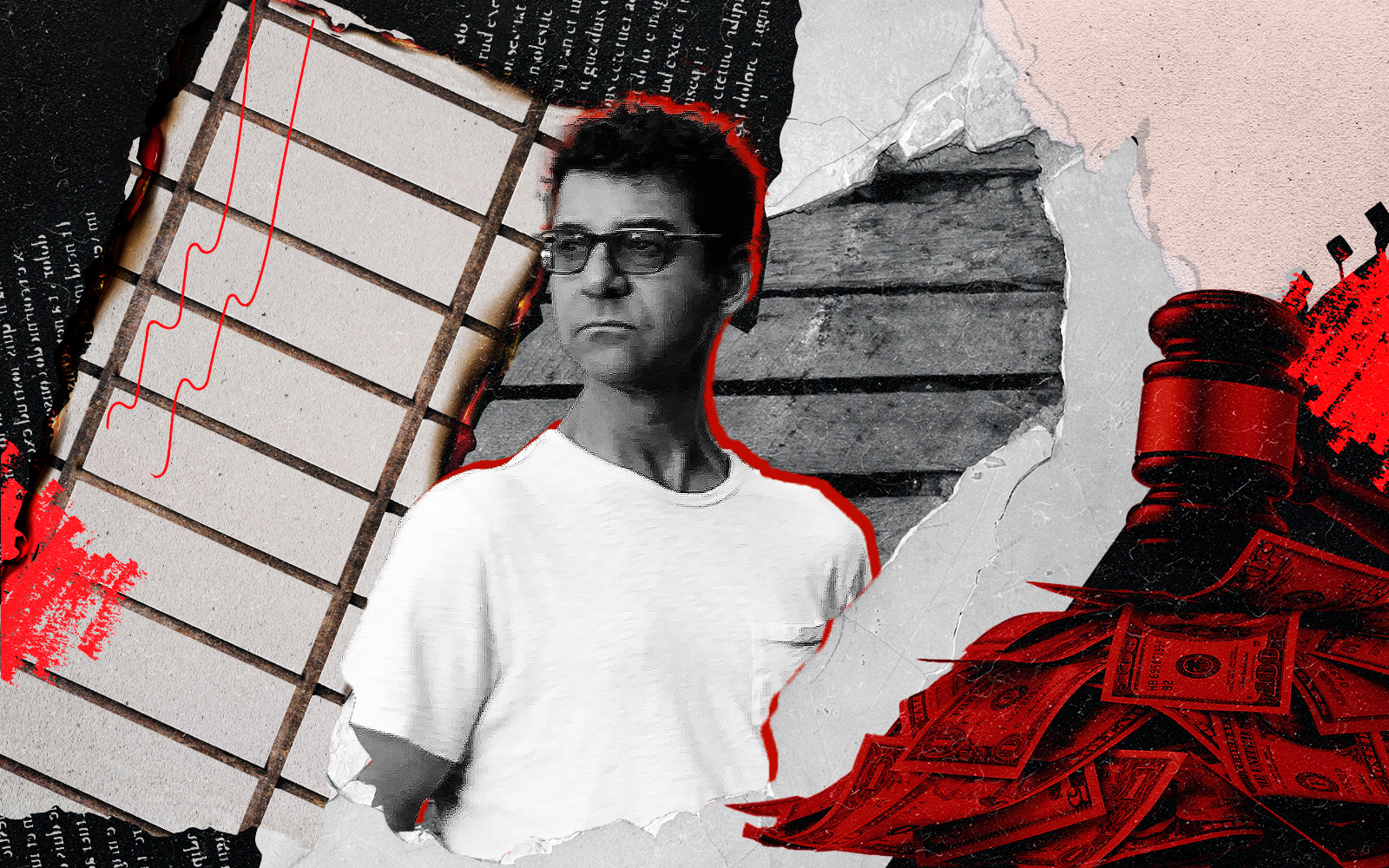
Arthur Aslanian plotted to kill two people — a business partner and a lawyer. Aslanian, the owner of a North Hollywood apartment development, owed them both millions of dollars. He negotiated with a gang member to kill the men for $20,000 a piece. However, Aslanian was caught in a sting operation, and found guilty.
His story did not stop there. In July, Aslanian also was found guilty for paying another individual a few hundred dollars for setting fire to a vacant unit at the North Hollywood rental property, according to a Department of Justice announcement. Aslanian ordered the arson so tenants would be forced to leave the property.
Earlier in 2023, Aslanian’s former tenants sued him, claiming they suffered years of terror living at his apartment complex. The allegations include assault, intentional infliction of emotional distress and negligence.
Two Carolwoods settle
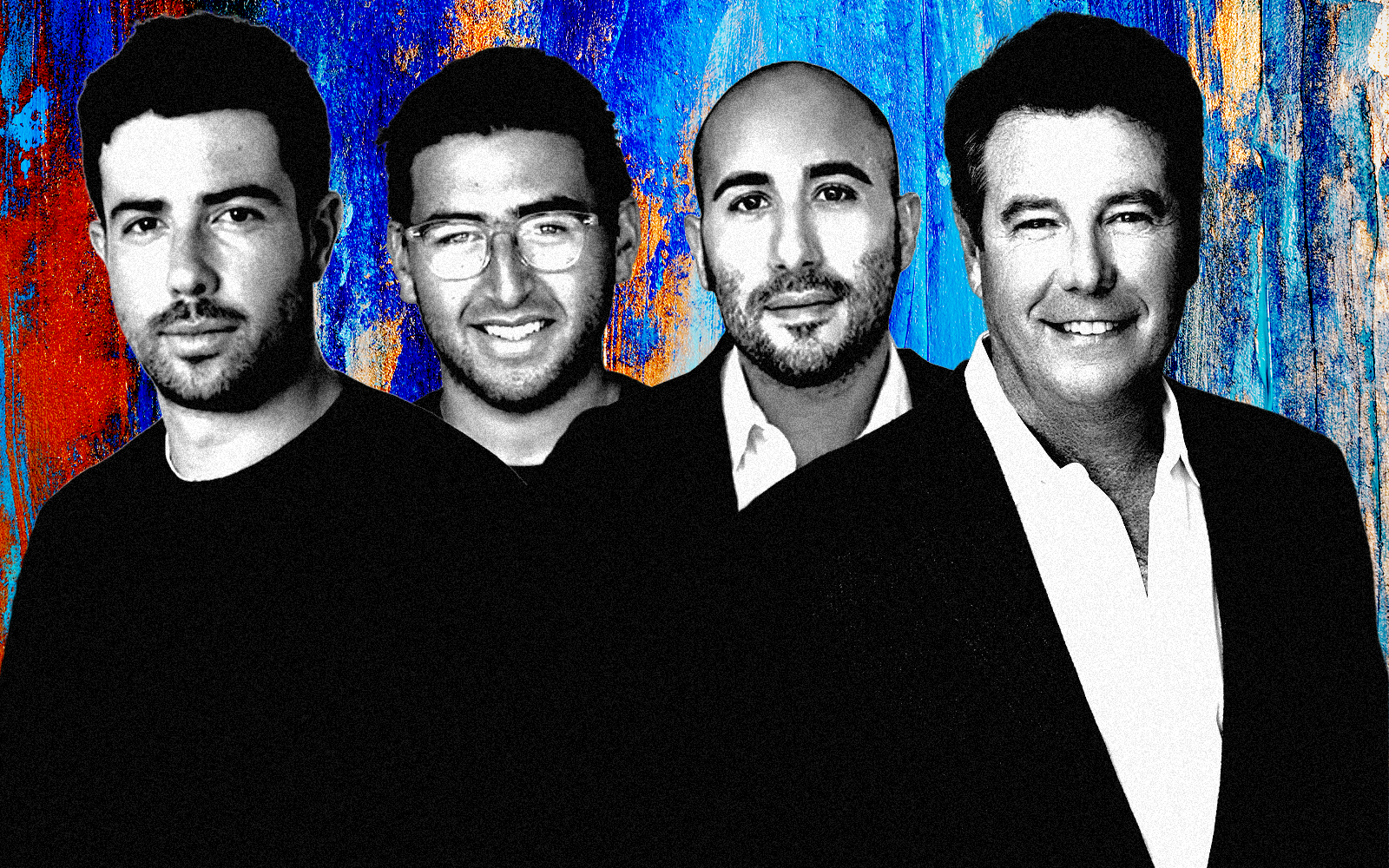
Soon after luxury residential brokerage Carolwood Estates officially debuted in November 2022, the Beverly Hills-based firm was sued for trademark infringement by another Los Angeles-based group also named Carolwood. The plaintiff, Carolwood Equities of Brentwood, focuses on commercial real estate investments.
Almost a year later, in a unique negotiated settlement, the groups set aside their differences and joined forces. The former adversaries unveiled a new venture, Carolwood Commercial, which will broker retail, restaurant, office and industrial deals.
The new company announced a big success in December. It closed a deal for the AON Center in Downtown Los Angeles for nearly $148 million.
Katy Perry and seller’s remorse

After 1-800-Flowers founder Carl Westcott’s mind cleared following a 2020 back surgery and a fog from painkillers prescribed after the operation, he and his family had second thoughts about his agreement to sell his Montecito mansion to celebrity couple Katy Perry and Orlando Bloom.
During a 2023 trial, Westcott’s lawyers said he was of “unsound” mind after his release from the hospital, and any deal made during such a mental state should be voided. Despite Westcott’s request, Perry and Orlando refused to walk away. Doctors who testified on behalf of the celebrity couple said Westcott’s claim was “ludicrous,” according to media reports.
A judge agreed and ruled in November that Westcott had no substantial evidence to prove that he was incapacitated. The sale was completed.
ULA challenges rejected
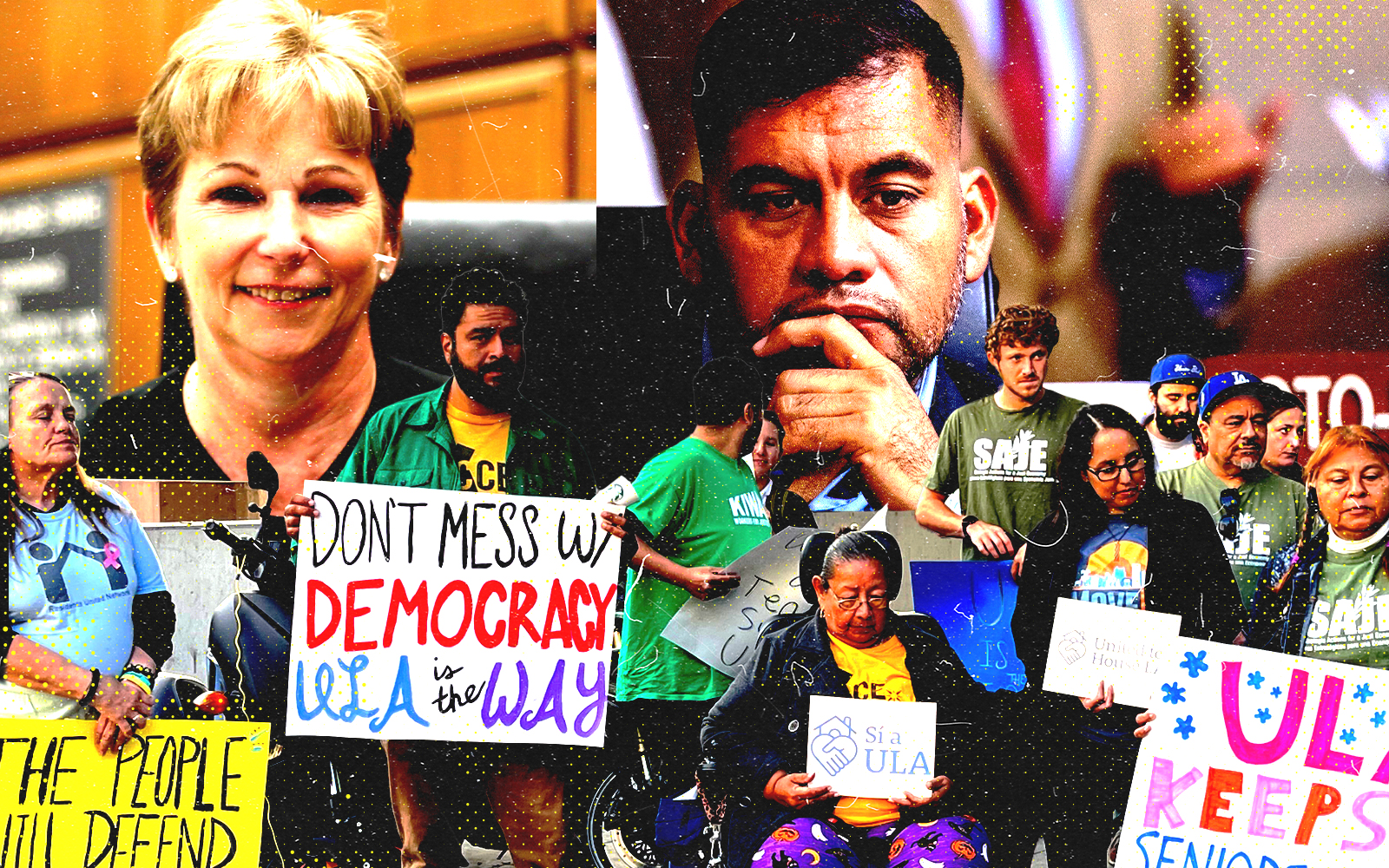
Shortly after the Measure ULA transfer tax was approved by voters, Howard Jarvis Taxpayers Association and Newcastle Courtyards, which represented the Mani Benabou Family Trust, sued the City of Los Angeles for its new tax intended to fund housing for the homeless.
Howard Jarvis argued the California Constitution prohibited cities from levying a special tax with a simple majority of voters. Newcastle Courtyards filed a separate suit that argued Measure ULA violated property owners’ equal protection rights under both the U.S. and California constitutions.
Lawyers for the City of Los Angeles stated that the challenges should be dismissed in part because Los Angeles voters approved the ULA measure tax on the November 2022 ballot.
In April, a judge consolidated the Howard Jarvis case and the Newcastle Courtyards case. In October, another judge dismissed the cases. Keith Fromm of Newcastle Courtyards said he was not surprised at the dismissal.
“Whatever the merits may be of a case, it takes a very courageous trial court judge to face the political blowback of striking down a voters’ initiative. So to that extent, this result was not entirely unexpected,” he told The Real Deal.
Project Homekey meltdown
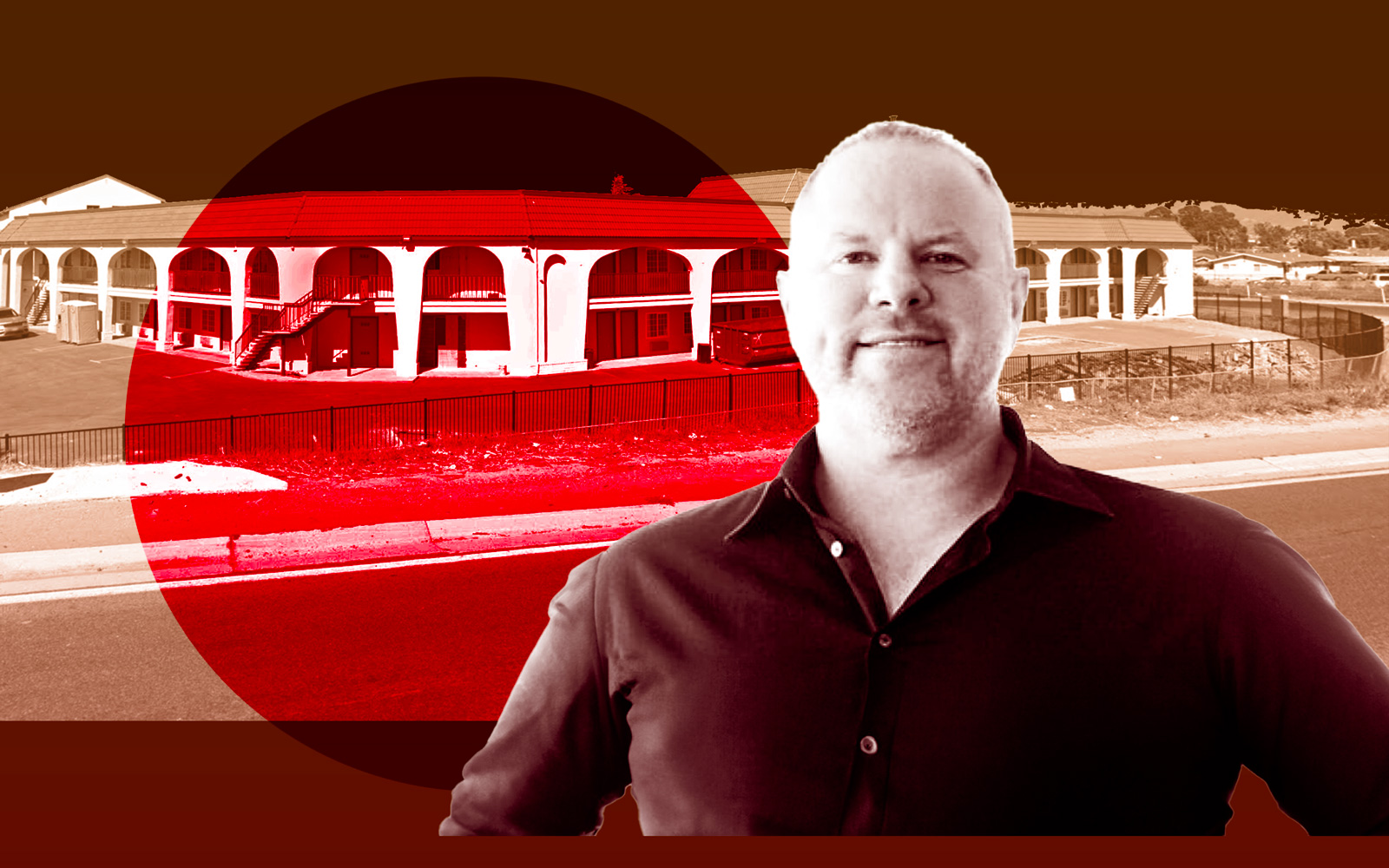
In the fight against homelessness, the State of California gave Shangri-La Industries $120 million in grants from the Project Homekey program to convert motels into permanent supportive housing.
But Los Angeles-based Shangri-La Industries defaulted on loans tied to seven developments to convert buildings to permanent supportive housing, and was subsequently sued by lenders. The conversions are located in Salinas, San Bernardino, Redlands, King City and Thousand Oaks.
In August, contractor Johnson Electronics sued Shangri-La, asking the court to foreclose on a mechanic’s lien tied to the Salinas motel, according to a court complaint.
In November, Shangri-La Industries defaulted on a loan tied to the same project. One of its lenders, filed a cross-complaint, asking the court to appoint a receiver on the development.
California’s Department of Housing & Community Development is “actively investigating apparent violations” by Shangri-La, according to an agency spokesperson, who declined to comment further.
Umansky’s Sweetwater drama
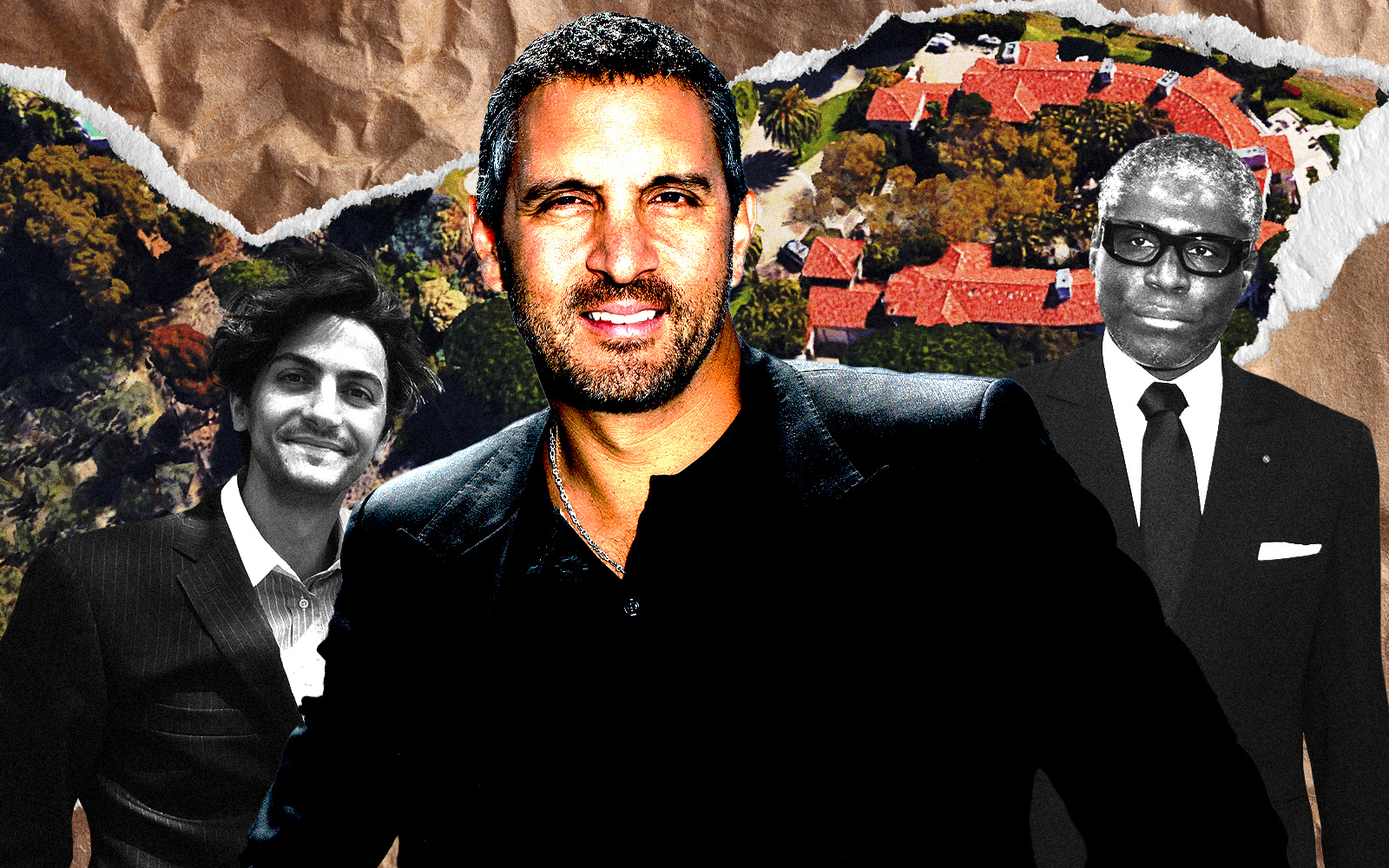
The case Sam Hakim vs Mauricio Umansky et al promised all the material for a classic film noir. There was international intrigue, fabulous wealth and an alleged double-cross.
This story started in 2015, when the former vice president of Equatorial Guinea was forced to sell a 16-acre estate at 3620 Sweetwater Mesa Road in Malibu. The U.S. government alleged it was bought with stolen funds. Mauricio Umansky, co-founder of boutique firm The Agency and star of reality TV show “Buying Beverly Hills,” got the listing for the estate.
Umansky then sold it to developer Mauricio Oberfeld for $32 million. Umansky also invested in the property for himself. In the next year, Oberfeld and Umansky flipped the estate for a $37 million profit. Spurned bidder Sam Hakim and his agent Aidan Segal filed a complaint against Umansky in 2019, accusing him of fraud and breach of contract. They alleged Umansky canceled a high offer from Hakim to steer the deal, so they could flip the home.
The case was gearing up to be one of the most closely watched lawsuits in 2024. But the highly anticipated court drama was canceled before it reached primetime.
The case was settled in December. Representatives for the plaintiffs said the expense, time and energy to pursue the lawsuit was too much for the clients. As part of the settlement, Umansky made a $75,000 donation to an Israeli nonprofit. In an exclusive interview with The Real Deal, he said he did nothing wrong.
Court records show that Umansky had to pay former house owner, Equatorial Guinea’s Teodoro Nguema Obiang Mangue, a settlement as part of a separate case.
Party houses for rent

Partying in an ultra luxe estate is a Los Angeles dream, but the L.A. City Attorney’s Office alleges that short-term rental impresario The Nightfall Group turned the good times into a nightmare.
In August, the office sued The Nightfall Group and its partners, alleging they violated the city’s Party House Ordinance. The city’s complaint said Nightfall and its colleagues turned the properties into rentable nightclubs, “bringing excessive noise, traffic, obstruction of streets, service of alcohol to minors, public drunkenness, fights, disturbances of the peace, vandalism, and litter.”
The suit alleges that police have responded to more than 250 complaints about Nightfall party homes in the Hollywood area in the past two years.
During a brief phone talk with The Real Deal, Nightfall Group founder Mokhtar Jabli denied the city attorney’s allegations. A preliminary injunction hearing is scheduled in March.
Builder’s remedy verdict

Beverly Hills was one of several California cities sued for allegedly not complying with state housing element and builder’s remedy rules.
Builder’s remedy is a legal loophole that allows developers to move ahead with housing projects when the city where the project is located fails to meet a state deadline for its housing plan. Beverly Hills has been out of compliance since October 2021.
In September, a Los Angeles Superior court sided with Californians for Homeownership, a group which complained that the City of Beverly Hills has been disingenuous working with housing element laws, because it relied on commercial corridors that were developed with office and other buildings.
“When cities include inappropriate sites and overcount the potential housing on those sites, it undermines the RHNA (Regional Housing Needs Allocation) system and is deeply unfair to those cities that have put in the work and developed realistic housing plans,” Matthew Gelfand, an attorney for Californians for Homeownership, said in a statement.
Beverly Hills said it would appeal the court’s decision.
Read more



